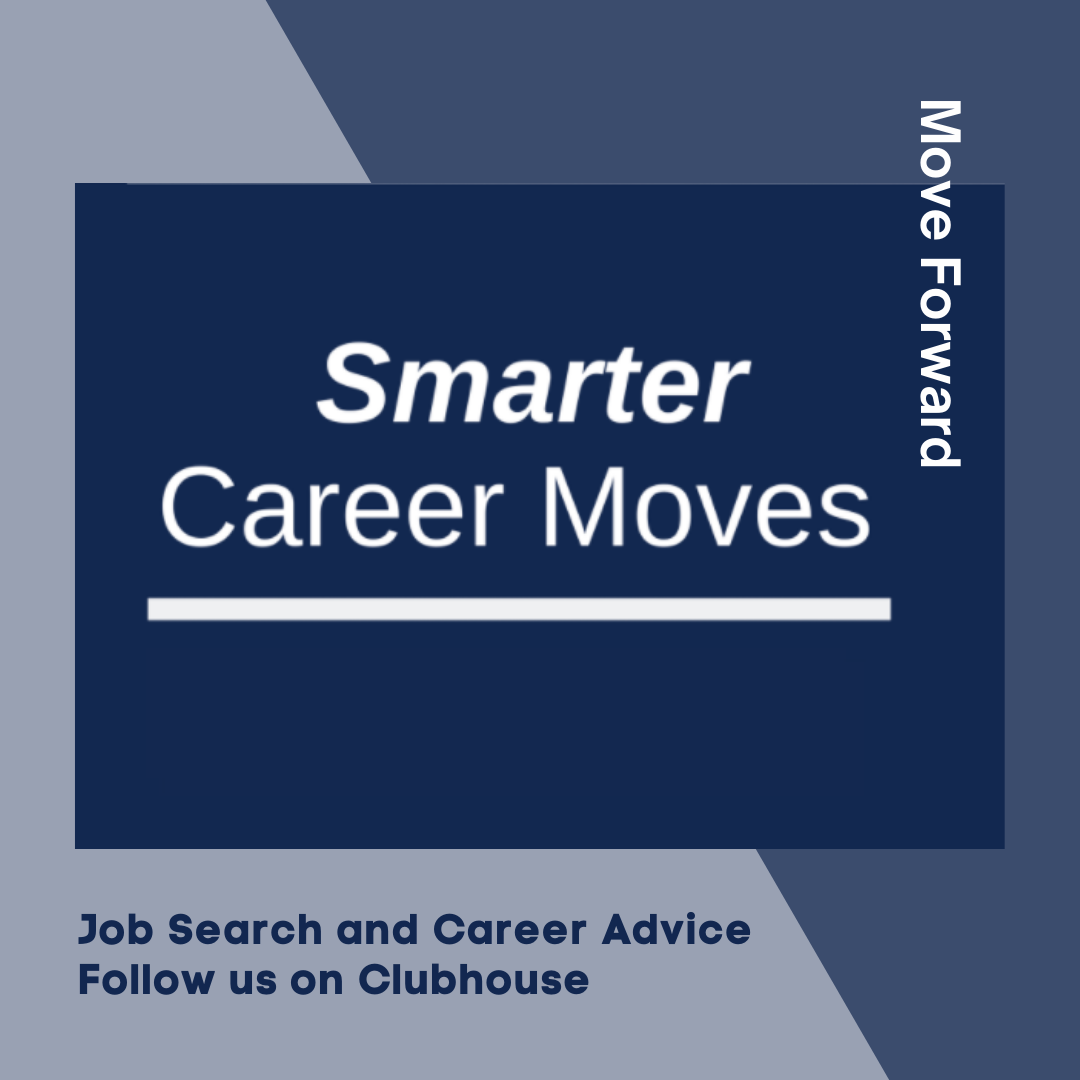Six Tips To Help Increase Your Engagement On LinkedIn, Find A Job, And Advance Your Career
LinkedIn is your face to the business world. It’s often the place recruiters looking for candidates will meet you. It’s the place recruiters and employers who are impressed with your resume will go to learn more about you. While LinkedIn is considered a business platform, it’s important to remember that it’s also a social network. Like many things, you’ll get as much out of LinkedIn as you put into it.
How To Write An Executive Resume That Gets Results
Over the years I’ve looked at a lot of resumes. Some are dreadful. Those that are not as bad need work to get a recruiter’s attention. Particularly, once you reach the executive level.
Common Resume Mistakes
While the resumes are lacking in different ways, they all have some combination of the same problems.
Weak Content
Boring task-focused bullets (managed teams, developed new markets, etc.) or tons of metrics (reached 110% of quota, generated $8M revenue) with no story.
Highlight YOU With A Career Portfolio
Differentiating yourself from other candidates with similar backgrounds is essential in today’s job market. One way to do that is by creating a portfolio.
Portfolios are not just for creative folks. Wherever your field or industry, a career portfolio can help set you apart.
If you haven’t heard the term, a career portfolio is used to showcase your accomplishments, training, and experience. Your current career level and target position will help determine the contents.
Certainly, if you’re in a creative field, you want to have samples of your work. If you’re an executive a summary of ventures you designed, implemented, and led might prove valuable. Copies of articles and/or white papers you’ve authored can be a good addition too.
How To Prepare For Your Phone Or Video Interview
Today the hiring process often begins with a brief phone screening with a third-party recruiter or HR associate. The employer’s main purpose is to get some basic information: your salary requirements and availability.
The interviewer also is trying to get a sense of who you are and how you might fit into the company culture. Smart candidates use an initial interview as an opportunity to learn more about the employer as well.
In some respects it’s like a first date: each party is evaluating whether or not he or she wants to take the relationship further.
Want A New Job? You Need To Do The Work.
Over the years, I’ve talked to hundreds, maybe thousands, of people who are looking for a new job. They want growth opportunities or more money. Some of them hate their boss. The common thread is that they all want a change.
As with most things some are more successful than others. The successful ones are the ones who do the work. They don’t spend all day every day in front of the computer browsing job boards. (While that gives you a feeling of accomplishment, it’s not very effective.)
Successful job seekers develop a multipronged job search plan and work it every day.
Here is a basic job search plan that you can adapt to your needs. It’s broken down into job search preparation (PREP) and continuing activities (ONGOING). If you’re actively looking, as in you really want to find a job, follow A activities. If you’re passively looking, you’re open but not in any hurry, P is for you.
#1 TARGET EMPLOYERS
PREP – Create a list of 10 or so Target Employers, these are the companies where you would love to work for whatever reason. Set up Google alerts for each of them so you’ll know when they are in the news.
ONGOING
Monitor the career pages on their company sites. A = 2-3X a week. P = 1X a week.
Contact friends, family, colleagues, etc. to see who they might know who works for one of your target employers (or any employer who’s ad piques your interest). FYI, your alumni association may be able to help with this too. A = 2-3X hours a week. P= 1 hour a week.
10 Questions To Ask Yourself Before Accepting A Job Offer
Evaluating a new opportunity isn’t easy. Even your dream job will have less exciting aspects. Things that are downright boring. I speak from experience.
I was what is known as a nontraditional student. That means I worked a full-time job and took my classes in the evening.
As a twenty-something, I did my best to find time for a social life too. The occasional date or evening out with friends. It took me almost 7 years to get my B.A.
After graduating with a degree in English and a minor in Media Studies, I landed a job as an assistant editor with a national 4-color magazine. Within the first 30-days I was writing the news column. Since it was a small publication, in a few months I was writing feature articles and helping the photographer with cover shoots. And I had the best boss ever.
It was awesome.
I loved every minute of it.
Almost.
Eliminate The Negative – A Fresh Job Search Approach
A lot of people are unhappy at work. It might be a micromanaging boss or crazy coworkers. They know they want to leave, and they want to leave now. The problem is they don’t have a clue as to what they want to do next.
If they do want to stay in a similar position, there’s the question of what type of company? Would a smaller company be better than a large corporation? Or vice versa?
The trick to getting unstuck is to change your approach. Instead of trying to figure out what you do want, decide what it is you don’t want. Begin by listing all the jobs you’ve held.
Next, consider every aspect of each position. Write down everything that you didn’t enjoy, things that made you unhappy. Pretty soon you will see some patterns, patterns that will help you define your new job.
Smarter Career Moves Club on Clubhouse
If you’re on Clubhouse and looking for career information and advice look for our new Smarter Career Moves club.
Smarter Career Moves is the place to learn strategies, techniques, and activities that will help you move your job search forward and advance your career
Join our events to get information and practical advice from career professionals. This is a space to exchange ideas and learn from each other. Come with questions and don’t be afraid to ask.
How To Make Sure Your Resume Is ATS Friendly
Applicant tracking software systems or ATS systems electronically handle many recruitment and hiring needs. One applicant tracking system function is parsing each job application and resume looking for relevant keywords, skills, years of experience, former employers, job titles, colleges and universities, etc., based on employer criteria and store that information in a database.
To employers, who often get hundreds of applications for every position advertised on a job board, applicant tracking software is a boon. On the other hand, many job seekers refer to them as the “black hole.”
When I was working as a recruiter, at least 80% of the job seekers who responded to my job posting weren’t remotely qualified for the job. So before blaming the black hole, make sure you are a qualified candidate: your work experience matches most of the job opening’s requirements. Not necessarily all, but most.
It’s also essential to ensure that your resume is ATS-friendly.
Following are some of the most often asked questions about applicant tracking software systems. The answers won’t help you get contacted if you’re not a qualified candidate. They will help you create an ATS friendly resume.
Most Popular “How To” Executive Resume Writing Questions
Crafting a compelling executive resume that gets results isn’t easy. Many executives and professionals turn to an executive resume writing service. They spend time researching who is the best executive resume writer.
Other professionals looking for an executive position decide to tackle executive resume writing themselves. When talking to a professional resume writer, these are some of the “how-to” questions people ask.
12 Often Asked Executive Resume Writing Questions
#1 What do employers look for in a resume?
Employers are looking for people to solve their problems. A hiring manager wants to know what you can do for them.
People in similar positions at similar companies do similar things. What differentiates candidates from one another is the impact they have had on their employer(s).
More specifically, a recruiter or hiring manager wants to see how you saved time, cut costs, improved productivity, generated revenue, etc.










